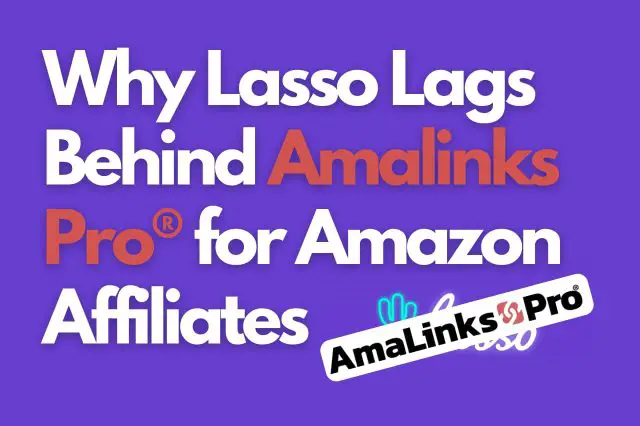Term:
affiliate disclosure
Definition:
Affiliate disclosure refers to a practice where content creators, bloggers, influencers, and websites disclose their relationship with brands, companies, or products they promote, and receive compensation or commission for doing so. Affiliate disclosure is a way to maintain transparency and trust with the audience by providing them with information on any potential conflicts of interest, financial arrangements, or endorsements.
The Federal Trade Commission (FTC) has established guidelines for affiliate disclosure in the US, which requires publishers to disclose their material connection with the advertiser or brand, such as receiving compensation, free products, or discounts, and any other incentives that may influence their opinion or recommendation. The FTC aims to prevent deceptive advertising practices and protect consumers’ rights to make informed purchasing decisions.
The rise of affiliate marketing can be attributed to the growth of e-commerce and online advertising. Affiliate marketing is a performance-based marketing strategy where a company pays affiliates a commission for promoting their products or services and driving traffic or sales to their website. Affiliate marketing has become a popular way for content creators to monetize their content and earn passive income by recommending products or services they believe in.
However, the increased use of affiliate marketing has also led to some unethical practices such as undisclosed affiliate links, fake reviews, and misleading endorsements. This has resulted in a loss of trust in the industry and the need for more transparent and ethical practices.
Affiliate disclosure can take different forms, such as including a statement on the website, blog post, social media post, or video that discloses the relationship with the brand or company, using hashtags such as #ad, #sponsored, or #affiliate, and placing a disclaimer at the beginning of the content that clearly states the financial arrangement.
It is essential to note that affiliate disclosure is not only a legal requirement but also an ethical responsibility. The audience has the right to know if the content creator has a financial interest in promoting a particular product or service, and they should be able to trust the content creator’s opinion and recommendation. By disclosing the relationship with the brand, the content creator can maintain credibility, build trust with the audience, and avoid any legal consequences.
Moreover, affiliate disclosure also helps the audience to distinguish between organic content and sponsored content. Sponsored content is a form of advertising where the brand pays the content creator to create content that promotes their product or service, whereas organic content is created without any financial incentive. Affiliate marketing falls somewhere in between, as the content creator may receive a commission for promoting the product, but the content itself may still be informative and helpful to the audience.
Affiliate disclosure is a crucial practice in the online marketing industry that helps to maintain transparency and trust between content creators and their audience. The FTC guidelines and ethical principles should be followed by publishers, bloggers, and influencers to disclose their relationship with the brand or company, and any financial arrangement that may influence their opinion or recommendation. By doing so, content creators can maintain credibility, build trust with their audience, and avoid any legal consequences.
An affiliate disclosure is a notice to a person that a link they are about to click could lead to the publisher earning money. Amazon REQUIRES you to have proper affiliate disclosures, and you can get your account banned for not having the proper affiliate disclosures.
Related:

Miles Anthony Smith
Miles is a loving father of 3 adults, devoted husband of 24+ years, chief affiliate marketer at AmaLinks Pro®, author, entrepreneur, SEO consultant, keynote speaker, investor, & owner of businesses that generate affiliate + ad income (Loop King Laces, Why Stuff Sucks, & Kompelling Kars). He’s spent the past 3 decades growing revenues for other’s businesses as well as his own. Miles has an MBA from Oklahoma State and has been featured in Entrepreneur, the Brookings Institution, Wikipedia, GoDaddy, Search Engine Watch, Advertising Week, & Neil Patel.




